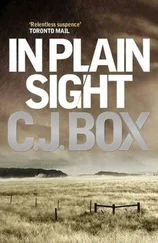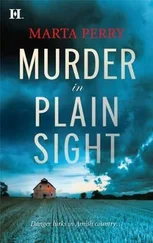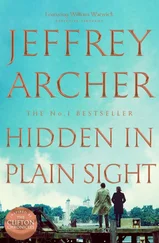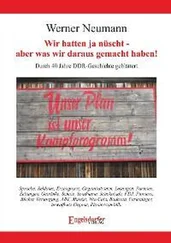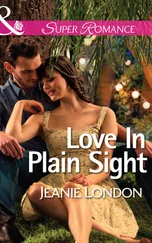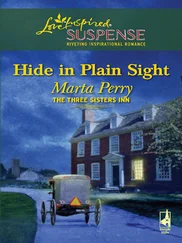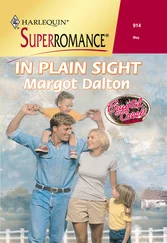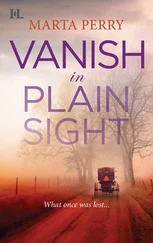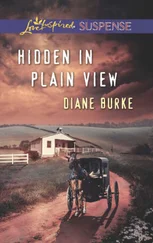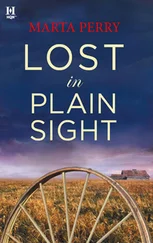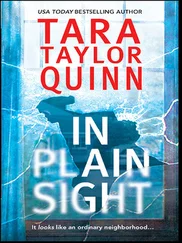‘Do you think Mr Heath was telling the truth when he said, “The goods I picked up from Fortnum’s that morning at Mr Faulkner’s request were a dozen jars of the finest Royal Beluga caviar”?’
Faulkner looked as if he wanted to answer back, but no words came out of his mouth.
‘Mr Nightingale will also confirm that he was on duty at the store that morning, and the only dozen jars of caviar that were purchased were from a representative of the Queen Mother.’
Faulkner’s lips were now pursed, his cheeks flushed, and he had to grip the edge of the witness box to stop himself shaking.
‘Dare I ask, Mr Faulkner, if the Queen Mother was one of your dinner guests at Limpton Hall that night?’
This time the judge made no attempt to quell the laughter that followed, and even allowed himself a smile.
Grace waited for complete silence before she turned to face the jury and said, ‘No more questions, m’lud.’
She collapsed on the bench, exhausted, as the rest of the home team gathered around to congratulate her.
When they returned home that night, Grace told Clare that of the many plaudits heaped on her following her cross-examination, none could compare with overhearing her father telling an elderly colleague, ‘She’s my daughter, you know.’
After the judge had called on leading counsel to make their closing remarks, a suddenly revived and reinvigorated Sir Julian rose from his place and delivered a damning indictment of the accused to a spellbound jury.
The price of caviar was mentioned on more than one occasion, and he ended by reminding them that the accused seemed to be well aware of the cost of twelve grams of pure cocaine, even if he had no idea of the price of the finest caviar. He threw in for good measure Mr Nightingale’s evidence concerning the Queen Mother, which Booth Watson didn’t dispute. By the time he sat down, Sir Julian was in no doubt that the jury was well capable of working out who had been responsible for hiding the drugs in Faulkner’s statue on the night in question, and it certainly wasn’t his son.
Booth Watson didn’t cut quite such a convincing figure, as he tried gallantly to defend his client’s credibility. Rembrandt and Rubens received several honourable mentions, whereas Fortnum and Mason and Mr Nightingale were not referred to. He described Miles Faulkner as a good and honourable man, who had served both the nation and his local community with distinction. He suggested that the tragic death of Adrian Heath had robbed his client of the opportunity of a fair trial, and told the jury they should keep that in mind when considering their verdict, because if they were not convinced of Mr Faulkner’s guilt beyond reasonable doubt, they must release him from the dreadful prospect of prison so that he could continue his charitable works on behalf of his fellow men.
Mr Justice Baverstock’s summing up was both thorough and impartial, although he did point out that if the jury came to the conclusion that it was Faulkner who had hidden the cocaine in the statue, it could clearly not be regarded as being for his own ‘recreational’ use in the privacy of his home, as he himself had confirmed it would be enough to last him a year. However, he added, the Crown had failed to provide any evidence to show that Mr Faulkner had taken an illegal substance in the past, and the presence of the twenty-pound note found in his study did not prove that it had been used for snorting cocaine. If, after considering all the evidence, they were not convinced of Mr Faulkner’s guilt beyond reasonable doubt, they should return a verdict of not guilty. On the other hand, if they were not persuaded by Mr Faulkner’s explanation as to how the twelve grams of cocaine ended up in his statue, it was their duty to deliver a guilty verdict.
‘Your final decision should be based only on the evidence you have heard in this courtroom, and should not be influenced by the opinions of others, however close they may be to you, because they have not had the benefit of considering all the evidence presented in this court. Remember, you are the sole arbiters of justice in this case. Please take your time before reaching a verdict.’
He then invited the seven men and five women to retire to the jury room to consider their verdict. The court fell silent as the bailiff led them out.
‘Now we must all endure the worst part of any trial,’ said Sir Julian. ‘The interminable wait before we learn the jury’s verdict. My father always spent the time playing chess with his opponent.’ He glanced across at Booth Watson, and said, ‘Fortunately, he doesn’t play the game.’
‘What do you think the odds are of the jury coming down in our favour?’ asked Clare.
‘Trying to second guess a jury is a fool’s game,’ said Sir Julian. ‘Let’s just hope they’re all enjoying the caviar while they consider their verdict, because they’ll soon discover that a couple of jars wouldn’t be enough for ten people, let alone twelve.’
‘What do you think of our chances, BW?’ asked Faulkner as he stepped out of the dock and joined his counsel.
‘No idea. One jury will go one way, one another. But they’re certain to take their time before they reach a verdict, so you’ll have to be patient for a change.’
‘Then why don’t you join me for dinner at the Savoy? I’ve already booked a table.’
‘Thank you, Miles,’ said Booth Watson, but he didn’t add, Don’t bother to book a table for tomorrow night.
‘How much do you think they’re worth, Mr Davage?’ asked Christina, as they made their way back into the drawing room.
‘It’s difficult to put an accurate figure on such an important collection,’ said the managing director of Christie’s, ‘but I’m confident they would fetch at least thirty million, possibly more. Not least because your husband has been in touch with all the leading auction houses to let them know that if any of his pictures should come under the hammer, he’s to be informed immediately.’
‘That’s good news,’ said Christina, as she poured him another coffee.
‘If you are considering putting the collection up for auction, Mrs Faulkner, Christie’s would of course be honoured to conduct the sale.’
‘Thank you. But I won’t be able to make a final decision until I know the outcome of my husband’s trial.’
‘Of course,’ said Mr Davage. ‘We all hope and expect your husband will be found not guilty, and be able to return home with his reputation restored.’
‘Not all of us,’ said Christina, as the front doorbell rang. ‘Good timing,’ she said, rising from her place. ‘That must be Mr Nealon, who’s come to value the house.’
22
‘WILL ALL THOSE involved in the case of the Crown versus Faulkner please return to court number one, as the jury is about to return.’
Sir Julian was doing up his fly buttons. Grace and Clare were having a coffee in the barristers’ room. Mr Booth Watson was writing an opinion on insider trading for a client in Guernsey, while Miles Faulkner was exchanging phone numbers with a woman he’d just met in the corridor.
They all began to make their separate ways back to court number one to hear the jury’s verdict. The journalists didn’t care which way the decision went. The Evening Standard already had two headlines set in store: BANGED UP, and ESCAPED AGAIN, and two articles to go with them, both written by the same journalist.
Faulkner returned to the dock, while everyone else took their places and waited for the judge to reappear. An anticipatory silence fell over the court as Mr Justice Baverstock made his entrance. Once he was seated, he nodded to the bailiff to indicate that the jury could return.
All eyes were fixed on the seven men and five women as they filed back into the jury box for the last time. They had chosen a matronly-looking middle-aged woman as their foreman. She’d squeezed into a tightly fitted suit, wore no jewellery, and little make-up. Sir Julian studied her closely, but could deduce little from her calm and professional demeanour. A headmistress or a hospital matron, certainly someone used to making decisions.
Читать дальше


